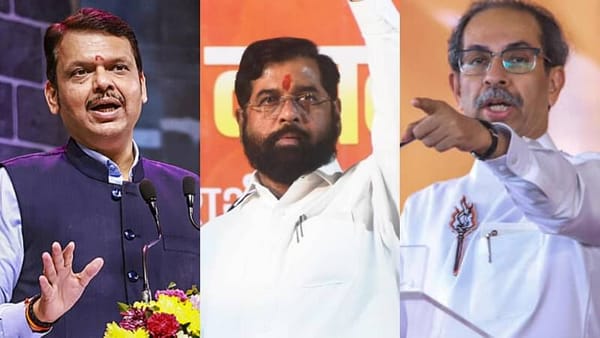Raksha Bandhan: A Celebration of Sibling Bond

Raksha Bandhan, also known as Rakhi, is a cherished festival in India that celebrates the special bond between brothers and sisters. This festival, rooted in ancient traditions, is observed on the full moon day of the Hindu lunar month of Shravana, which typically falls in August. Raksha Bandhan, meaning "bond of protection," epitomizes the deep-seated emotions of love, protection, and duty between siblings.
Historical and Mythological Significance
The origins of Raksha Bandhan are steeped in history and mythology. One of the earliest references is found in the epic Mahabharata. It is said that Draupadi tied a strip of her sari around Krishna's wrist to stop the bleeding from a battlefield wound. In return, Krishna promised to protect her, symbolizing the essence of Raksha Bandhan.
Another tale speaks of the Mughal period, when Queen Karnavati of Chittor sent a rakhi to Emperor Humayun, seeking his protection against an invasion. Humayun, moved by the gesture, honored the bond and came to her aid. These stories underscore the festival's underlying theme of mutual protection and respect.
The Rituals and Celebrations
The Raksha Bandhan festival is marked by a series of heartfelt rituals. On this day, sisters prepare a thali (a decorated plate) containing a rakhi (a sacred thread), rice, kumkum (vermilion), sweets, and a diya (lamp). The ceremony begins with the sister performing an aarti (a ritual of worship) and applying a tilak (a mark) on her brother's forehead. She then ties the rakhi around his wrist, praying for his well-being and prosperity. In return, the brother gives her gifts and vows to protect her from harm throughout her life.
The day is filled with joy and festivity, with families coming together to celebrate. Traditional sweets like ladoos, barfis, and halwa are prepared, adding to the festive atmosphere. In many households, the celebration extends beyond blood relations, with friends and neighbors participating in the rakhi-tying ceremony, reflecting the inclusive nature of the festival.
Modern-Day Celebrations
While the core values of Raksha Bandhan remain unchanged, the ways of celebrating have evolved with time. In today's digital age, when physical distance often separates families, the festival has adapted to new forms. Sisters who live far away send rakhis by mail or through online delivery services, ensuring that the bond remains unbroken despite the miles.
Moreover, Raksha Bandhan has transcended religious and cultural boundaries in India. It is not uncommon to see people from different communities participating in the celebrations, symbolizing unity and brotherhood in a diverse society.
Cultural Impact
Raksha Bandhan has a profound cultural impact, fostering family values and reinforcing the importance of relationships. It serves as a reminder of the roles and responsibilities siblings have towards each other. The festival also encourages people to appreciate and honor the bonds they share with their loved ones.
In schools and colleges, Raksha Bandhan is often celebrated with enthusiasm. Students tie rakhis to their friends and teachers, promoting a sense of camaraderie and mutual respect. The media, too, plays a significant role in amplifying the festive spirit, with special programs, movies, and advertisements highlighting the essence of Raksha Bandhan.
Conclusion
Raksha Bandhan is more than just a festival; it is a beautiful expression of the enduring bond between siblings. Through its rich traditions and evolving practices, it continues to touch hearts and strengthen relationships. In a world that is increasingly fast-paced and disconnected, Raksha Bandhan serves as a poignant reminder of the timeless values of love, protection, and familial duty. Whether through a simple thread or an elaborate ceremony, the spirit of Raksha Bandhan binds us together, celebrating the timeless and unbreakable bond of sibling love.



